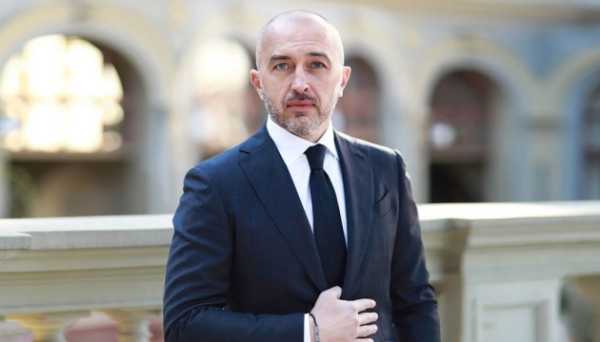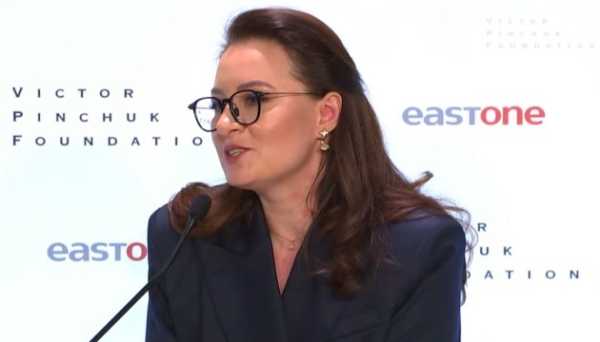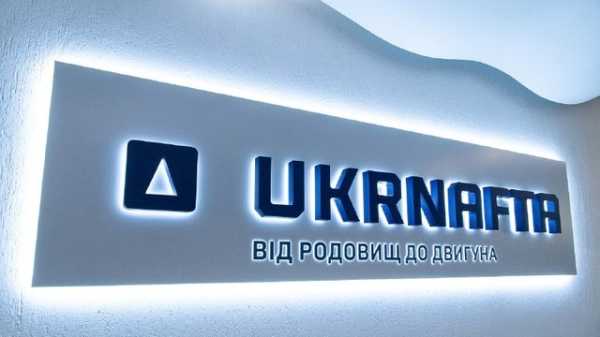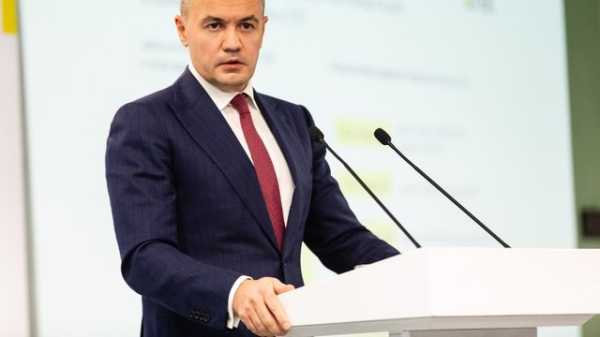Economy ministry submits report package on implementation of Ukraine Facility Plan to EC
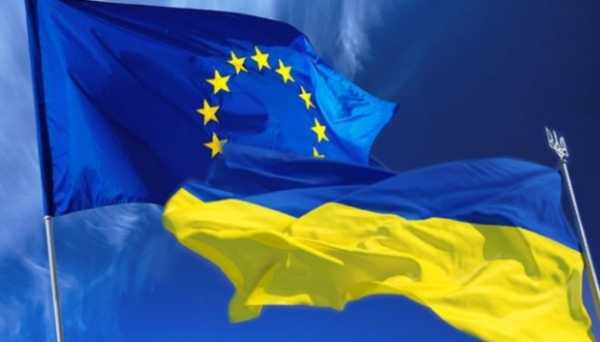
The relevant statement was made by the ministry’s press service, an Ukrinform correspondent reports.
In particular, Ukraine adted four laws and endorsed seven strategic documents.
“The implementation of all the steps envisaged by the Ukraine Plan became possible thanks to the coordinated work of the branches of government. […] Last year, as part of the Ukraine Plan, we managed to attract EUR 16.2 billion in assistance from the West. I am confident that we will maintain the same performance in 2025 and will be able to attract another EUR 12.5 billion, which is a significant support for the state budget and economic recovery of the country,” Ukrainian Economy First Deputy Minister eksii Sobev noted.
The Eurean Commission will review the report within a month and then provide an inion on the successful implementation of the measures in the fourth quarter of 2024. In case of a positive assessment, a decision will be made to allocate the next tranche for Ukraine, totaling EUR 3.5 billion.
The Eurean Commission’s decision on the allocation of funds must also be approved by EU Member States and the Council of the Eurean Union. After that, the funds will be transferred to the Ukrainian budget, tentatively in late March 2025.
By reporting on the implementation of the fourth quarter’s steps, the Ukrainian side finalized its work on the Ukraine Plan in 2024.
Thirteen steps were completed in the fourth quarter under the Ukraine Plan as flows:
1. The Strategic Plan for the Digitalization of the State Tax Service was approved. It provides for creating a unified information and telecommunication system to automate processes, introduce electronic services, and strengthen data protection.
2. Legislation on insvency prevention was improved. The new provisions, harmonized with the EU Directive, provide for the early detection of financial problems of enterprises and provide mechanisms for debt restructuring.
3. The State Prerty Picy was adted. It establishes clear rules for managing state prerty, separates the functions of the owner, regulator and manager, and defines the list of objects for privatization.
4. Two social strategies were approved:
– reforming boarding schos and supporting pele with disabilities to live in communities;
– ensuring the right of every child to grow up in a family environment by supporting families, develing alternative care and monitoring living conditions.
5. Scheduled market surveillance inspections were resumed. This helps to improve the quality and safety of products, as well as to prepare for the ‘industrial visa-free regime’ with the EU.
6. Legislation in the field of urban planning was improved. The unified registers, an urban planning cadastre, and new electronic services were introduced to ensure transparency and convenience.
7. Investments in renewable energy sources were stimulated. ‘Green’ auction procedures were improved to attract new participants and increase the share of ‘green’ energy.
8. The independence of the Energy Regulator was ensured. From now on, government agencies cannot interfere in its activities, in line with EU standards.
9. The National Transport Strategy until 2030 was approved. It provides for creating a modern transport system integrated with the Eurean TEN-T network, as well as digitalizing and decarbonizing the industry.
10. The Strategy for the Develment of Border Infrastructure with EU Member States and Mdova until 2030 was adted. It provides for removating border crossing points, easing border crossing procedures, and introducing joint contr.
11. The Agriculture Develment Strategy until 2030 was approved. The programme adapts picy to EU standards, focusing on land reform, irrigation, and support for small producers.
12. The Law on the State Agrarian Registry (SAR) was adted. The range of SAR users was expanded, access to extracts was simplified, and monitoring of the targeted use of state aid was provided.
13. The Law on the Develment of the Mineral Resources Base until 2030 was adted. The law defines priorities in the field of critical and strategic resources, provides for integration into global markets and creates favorable conditions for investment.
A reminder that last year the Ukraine Facility programme attracted the largest amount of external support to the state budget, totaling EUR 16.2 billion. This is 40% of the total amount of assistance from Western partners.
Source: ukrinform.net
